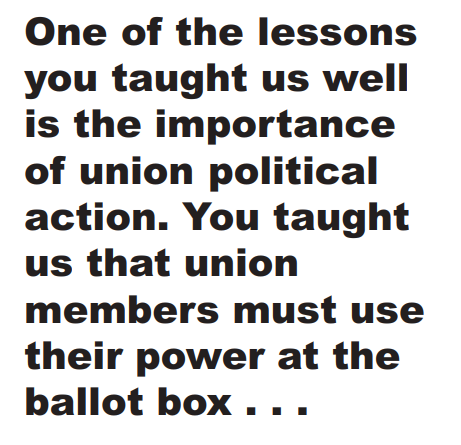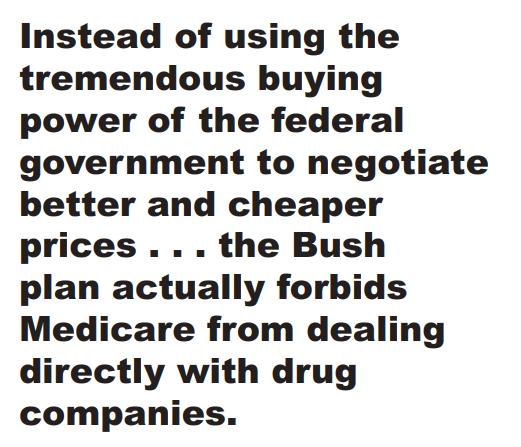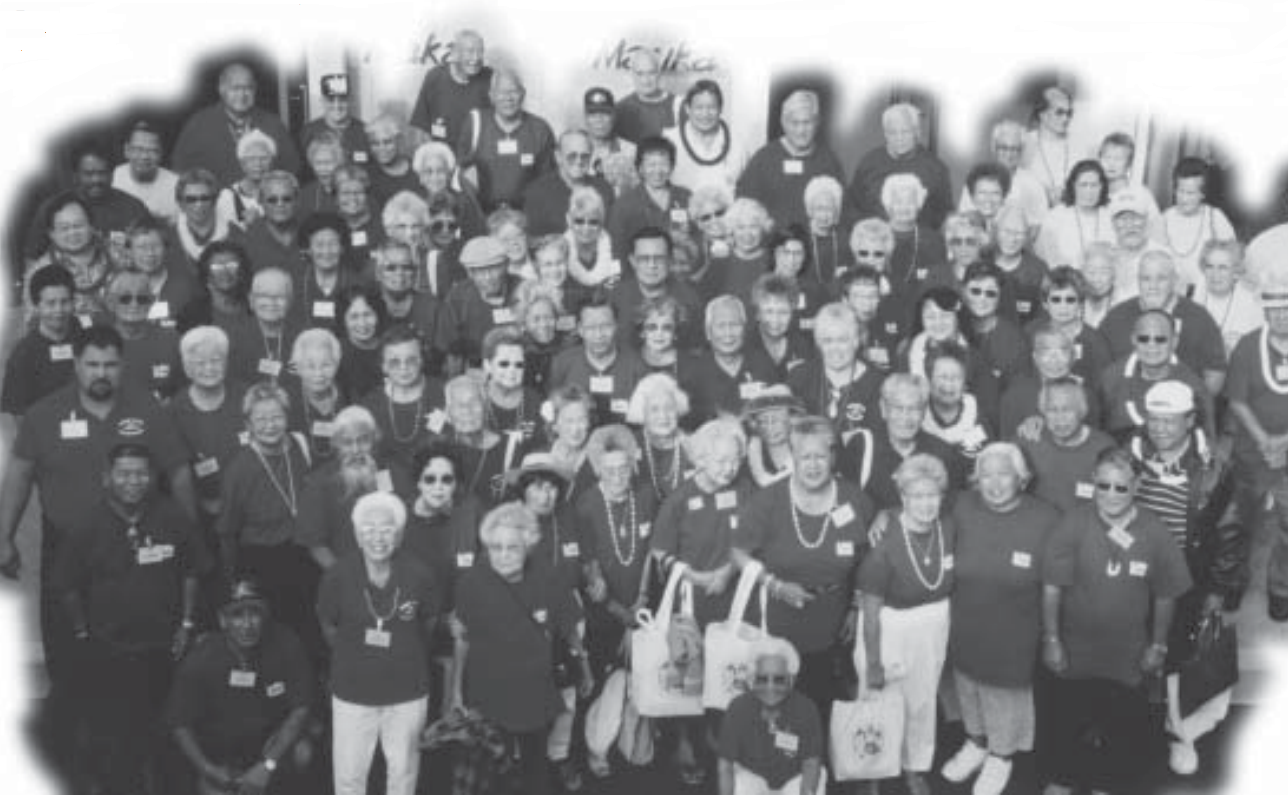It is a privilege and an honor for me to be here as the newly elected president of ILWU Local 142 and to be talking to such an important and distinguished group of people like yourselves. I say “important and distinguished” because you are the ones who really deserve the credit for building this union and for making Hawaii a better place.
All of you have done so much for the working people of Hawaii and for this union, and yet you continue to give your time and energy as members of our pensioner clubs. Your help in the last elections in 2002 was tremendous. You and other retirees volunteered many, many hours to help us mail thousands of political leaflets to our members. You helped us phone bank, sign wave, and walk house to house.
You also joined our fight for justice on the job. You demonstrated to help our newly organized members at the Kaimana Beach Hotel in Waikiki and Home Maid Bakery here on Maui. You helped with our struggle at the King Kamehameha’s Kona Beach Resort on the Big Island and the Grand Wailea Resort here on Maui. You marched with us in the Martin Luther King Parade. For all of this, you richly deserve our heartfelt gratitude. On behalf of the 22,000 active members of the ILWU and their families, thank you.
As many of you may not know me, I would like to take some time to introduce myself. I just took office this January as the newly elected president of ILWU Local 142, after Bo Lapenia retired at the end of 2003. Before that I served as the Division Director for the Island of Hawaii. I grew up in a plantation camp and my dad was a sugar worker. I’ve been with the ILWU since 1965, which was when I first started work at the Hilo Coast Processing Company.
Changing Times
Times have changed since then. Sugar and pineapple are no longer our biggest and most important industries. The majority of our members now work in hotels. Many of our employers are now owned by companies with worldwide operations. As a union, the ILWU has also changed with the times—we had to organize aggressively and constantly to maintain our membership; we had to seek out members in new and growing industries like tourism and hospitals; we had to learn how to deal with employers who now operated on a global scale.

But some things have not changed. The ILWU is still a democratic union, run by the rankand-file. The ILWU still stands for the unity of all workers, no matter what race, ethnic group, religion or political beliefs. The ILWU still believes unions must go beyond bread-and-butter, on-the-job issues and work for social justice and for peace in this world.

You did a good job in laying the foundation of this union. You did a good job in teaching us that as union leaders we hold a position of great trust and responsibility and it is our job—it is our duty—to serve the membership. You taught us that the job of a union leader often involves sacrifice—and if we’re not willing to put the needs of the union and membership first, then we shouldn’t pretend to be good union leaders.
We will do our best to learn from the example you have set. We will do our best to follow in your footsteps.
Anybody but Bush One of the lessons you taught us well is the importance of union political action. You taught us that union members must use their power at the ballot box to “reward our friends”—the politicians who help working people—and to “punish our enemies”—to get rid of politicians who hurt working people.

President George W. Bush and his fellow Republicans like Linda Lingle or Representatives Brian Blundell and Kika Bukoski on this island are clear examples of politicians who hurt working families and retirees like yourselves. These people do everything in their power to take care of big business and the super rich. And most of the time they do this by taking away from us and giving it to them. It’s the opposite of Robin Hood, who takes from the rich to give to the poor.
Medicare Plan
Take this Medicare Drug plan that President Bush and the Republican railroaded through Congress.
The Bush Administration didn’t have to look far to find a good solution to the high cost of medical care and drugs. In Canada, the Canadian government did away with private health insurance companies. The government negotiates directly with the drug companies, hospitals, and doctors to keep prices under control. The government administers the program which further reduces costs. One study found that 16 cents of every health care dollar in Canada goes to overhead costs. In the US, double that or 32 cents of every health care dollar goes to pay overhead costs like profits, advertising, and so on. As a result, Canadian citizens have health care benefits that are comparable to the US, but at one half the cost. This is why prescription drugs in Canada cost one-half to one-third less than the U.S., for exactly the same drugs made by the same companies. But President Bush did the exact opposite. Instead of using the tremendous buying power of the federal government to
—continued on page 2


